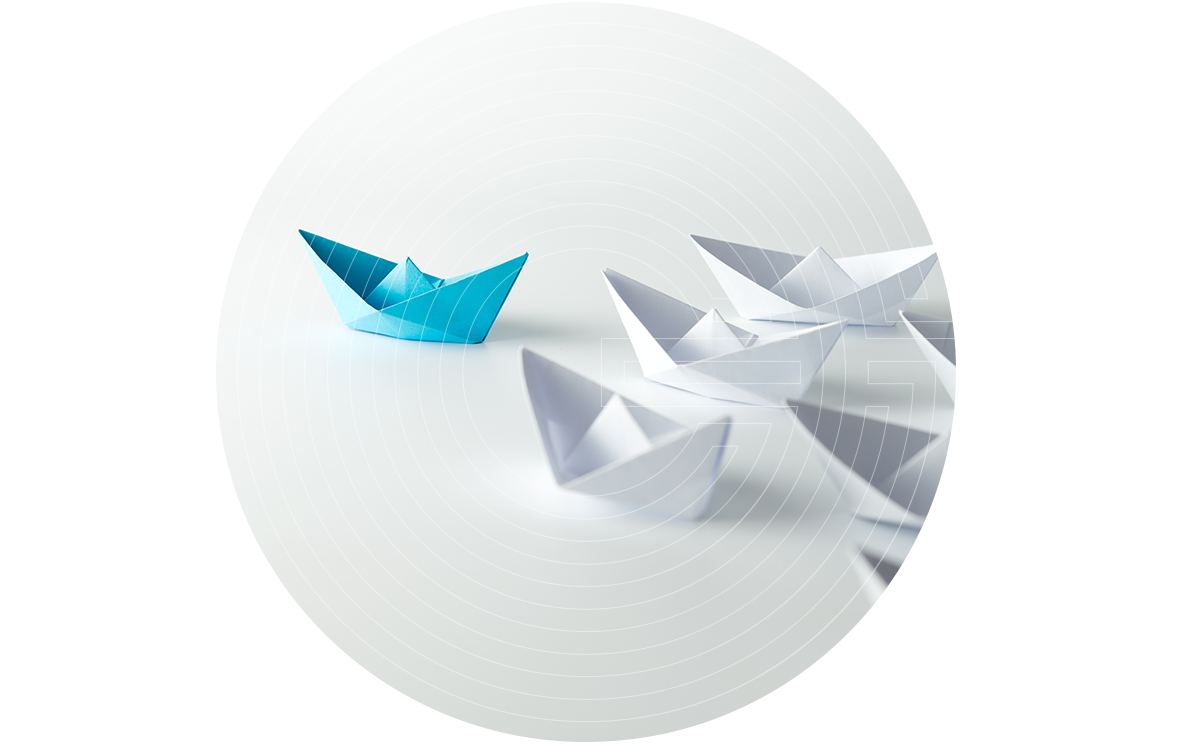Organizational Coaching
To support and shape changes affecting the entire organization
Organizational coaching is a new, dialogue-based approach which reshapes the thinking of those working in an organization.
Which topics are red flags showing a need for organizational coaching? Negative processes which seem difficult to change such as worforce fluctuation, intergenerational conflicts, toxic communication, a low level of loyalty.


